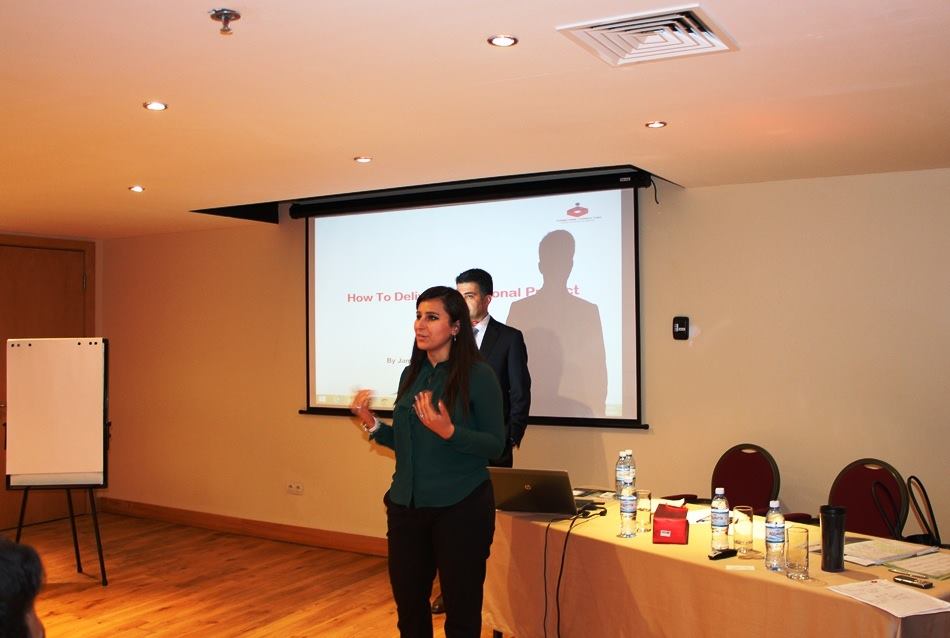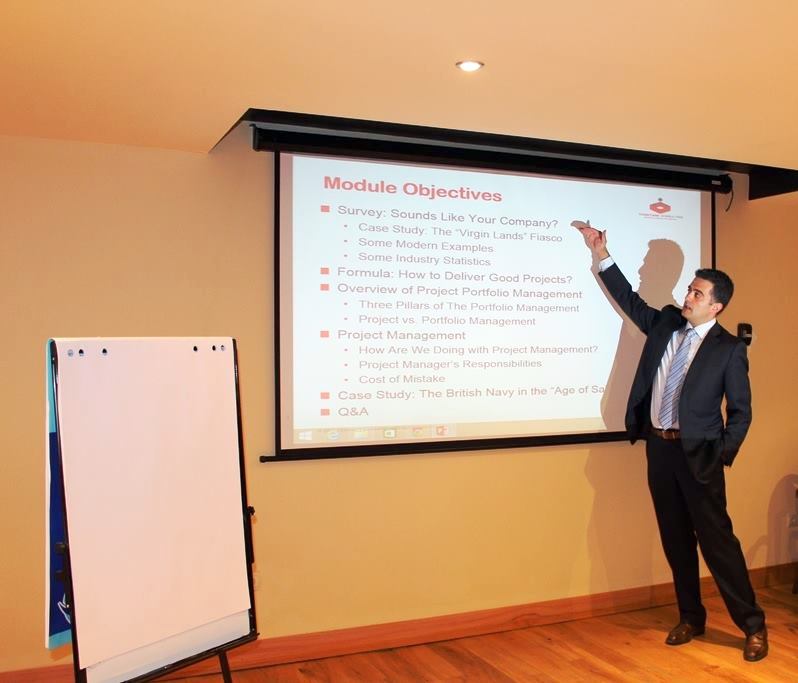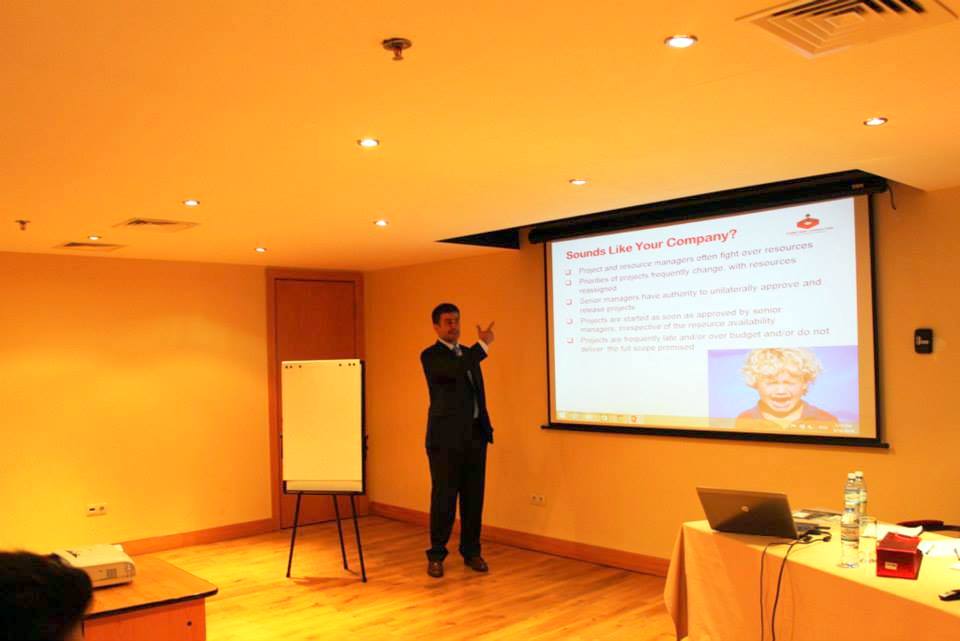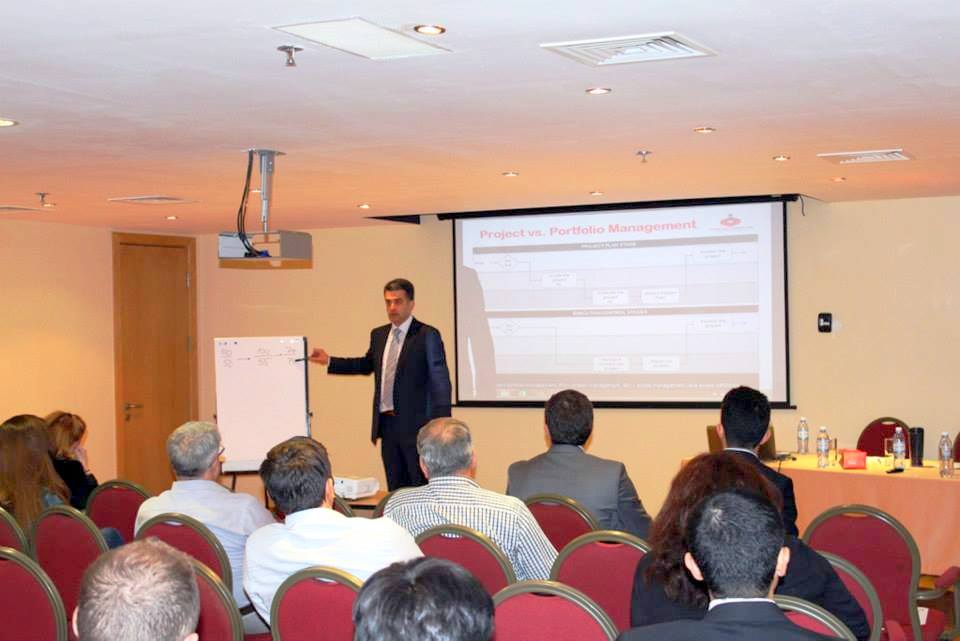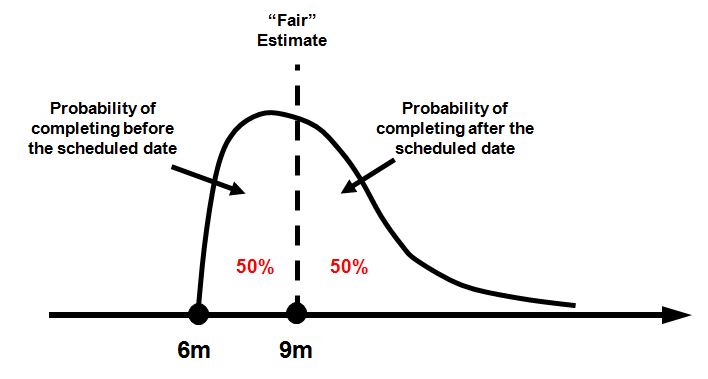Long time ago, when I was still working as a permanent employee, I was invited for a job interview by a local software product company. I arrived at their headquarters and was led to the conference room where I was greeted by the CEO, VP of Marketing and the CTO of the organization.
The interview went on without any surprises; I was asked to tell a little bit about myself, then the CEO told me about the current projects the company has been involved in lately, followed by the overview of the key products produced by the firm provided by the vice-president of marketing.
The CTO has been sitting quietly until that moment, but suddenly he shifted in his chair, looked at me somewhat intensely and the following conversation took place:
CTO: (looking at a copy of my resume) I see you don’t have any technical background …
Me: Well, I did work as a business analyst for a while, before taking on both the project management and requirements engineering roles at most of the companies I worked at.
CTO: That’s not what I meant. What I was trying to say is that you don’t have any coding experience.
Me: Oh, no … My educational background was in finance and management science.
CTO: How are you going to work with our developers then?
Me: I am sorry, I am not sure what you mean …
CTO: Well, you assign a task to the programmer and he tells you that it would take five days to accomplish it. How do you know he is not lying to you and it would take him only two days? He could spend the rest of his time on Facebook or YouTube …
I have to admit this was neither the first nor the last time I heard a variation of this argument in my project management career. Thus, I think it is time to make two very important points about this topic.

